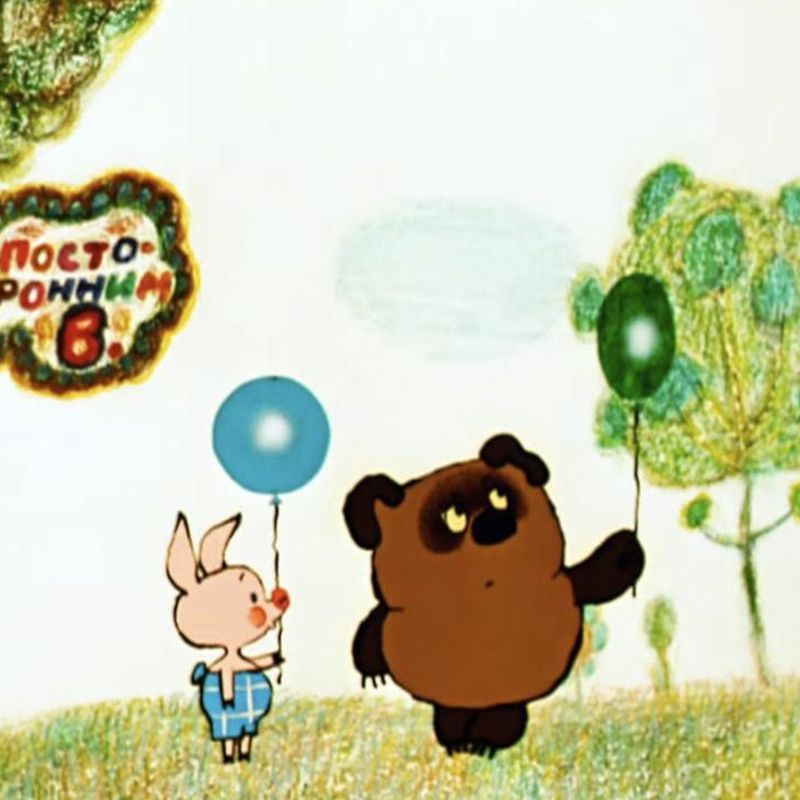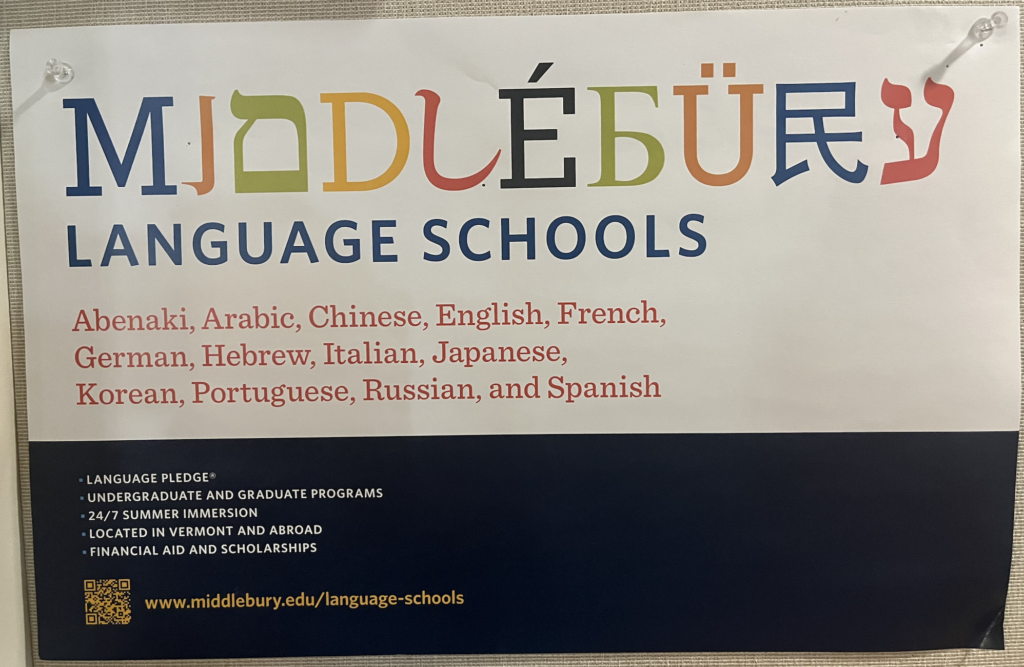Here’s a list of some fun German songs I’ve been listening to. I wrote down the exact mood you have to be in to listen to the songs. Viel spaß!
Do you need a song that makes you hyper-focus on doing your homework? Something like the Mario Kart theme song but less intense? Here’s two great pop songs for that:



